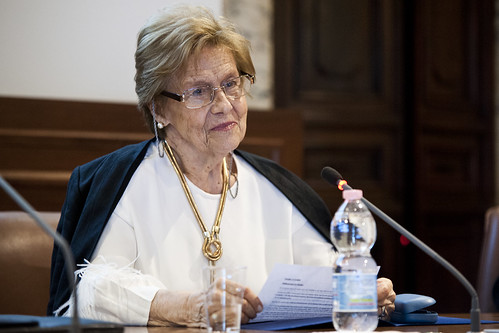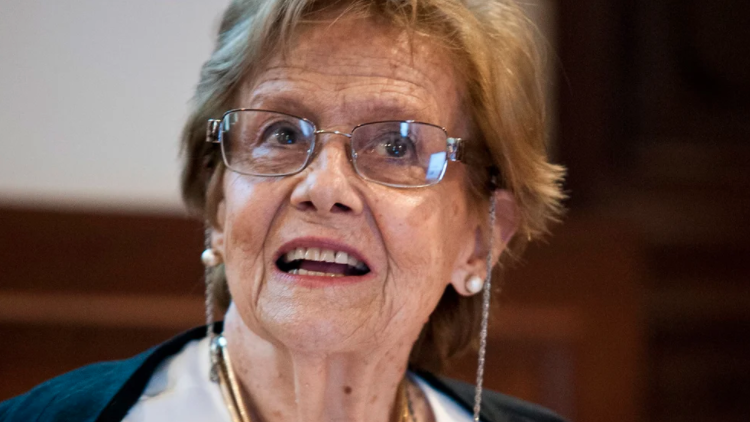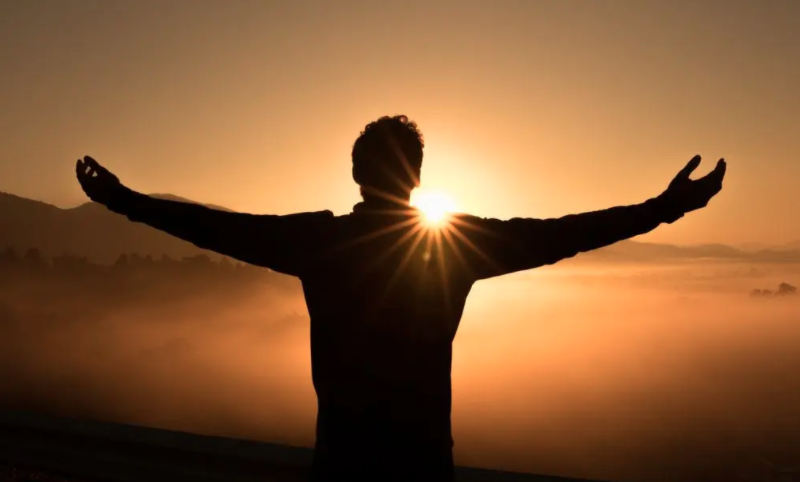In search of the personal body. Beyond nature and subjectivity
Any book that dares to address one of the most controversial issues of our time, namely the value of the human body – of the male as a father and the woman as a mother – is reason to be praised. All the more so if the text is able to provoke profound reflections that invite us to rethink the way we perceive our own bodies and those of our loved ones.
This is the main reason why I took this beautifully written book by Andrea Diego and his teacher Alberto I. Vargas so seriously. I suggest this to our readers, so that every father and mother might spend some time thinking about this profound, vitally important subject.
About the authors: Andrea Diego completed her bachelor’s in pedagogy, master’s in History of Thought from Pan American University (Mexico) and is a doctoral student of philosophy at the University of Navarra. She is a researcher at the Center for Studies on Family, Bioethics, and Society (CEFABIOS) of the Pontifical University of Mexico and is also a professor of Philosophical Anthropology at Pan American University, at Anáhuac University, and at the John Paul II Institute.
Alberto Vargas has been a friend and colleague of mine since childhood. He is the Director of the Interior Institute, is a Doctor of Philosophy at the University of Navarra, member of the National System of Researchers of Mexico, and author of the books Genealogía del miedo: un estudio antropológico de la modernidad desde Leonardo Polo, 2017 and Ser y don: una teoría antropológica del juego desde Leonardo Polo, 2020. He is a visiting professor at Strathmore University (Kenya), Universidad Santo Toribio de Mogrovejo (Peru), Universidad de los Hemisferios (Ecuador), Universidad de la Sabana (Colombia), and Universidad de Piura (Peru).
En busca del cuerpo personal (“In Search of the Personal Body”) is a 195-page book, divided into four chapters of 30-50 pages each. Its thorough bibliographical list comprises 10 pages of the major works of great thinkers on human sexuality, such as Karol Wojtyla-St. John Paul II and Fabrice Hadhadj, among many others.
The authors also site prominent authors in the field of philosophical anthropology, such as Leonardo Polo and his students Juan Fernando Sellés and Blanca Castilla de Cortázar. Of course, there is no shortage of leading figures in Western philosophy (classical and modern), such as Aristotle, Kant, Kierkegaard, Freud, Nietzsche, and others.
In terms of the set-up of the book, the authors intend to progressively explain the way philosophy has understood the human body over the millennia. They begin with a challenging analysis of the current conflicting and nebulous confusion, which is clearly found in the heart of modernity. There is this idea that the “supremacy of the individual” is the most important, and over time, it has popularized a compartmentalized view of the human body, both male and female, now forcibly promoted as “bargaining chips” in the global free market.
Next, we take a journey into the past, to the classical understanding of the body, where we rediscover the concept of “nature.” The natural component was the necessary premise for any possible disquisition on the essence of the human person, his sexuality, and the possibility of procreation.
Finally, the last chapter explores Christianity in a new way, which decisively affirms the distinction between natural instinct and personhood, allowing a deeper understanding of the human body as an “openness to the other,” as “giving oneself,” or, as Mikel Santamaría would say, “of the unhindered surrender of one’s being: from man to woman and from woman to man.”
In my opinion, In Search of the Personal Body brings up a theme that has not been explored in scientific studies on marriage and family: the womb as the first home. Indeed, human beings – as Leonardo Polo would say – strictly should define themselves as “children” of their parents, because they, as male and female, joined their lives and bodies into one flesh, initiating a unique, unrepeatable event that brings forth new life and a new body. However, as the authors point out, “When it comes to the body: more unity, more life; more regularity, more life; more immanence, more life; more life and living is more than simply not having life, it is a degree of perfection.”
That is to say, the unfolding of the parents’ lives must generate for their children a “domestic” environment in which all, as a family, get to enjoy material and spiritual stability that “sustains” them in their existence (in its economic, educational, and intimate dimensions, as Rafael Alvira states). For that is a home – an intimate space analogous to the mother’s womb, where we all had our most radical, most original, and most identity-driven growth.















